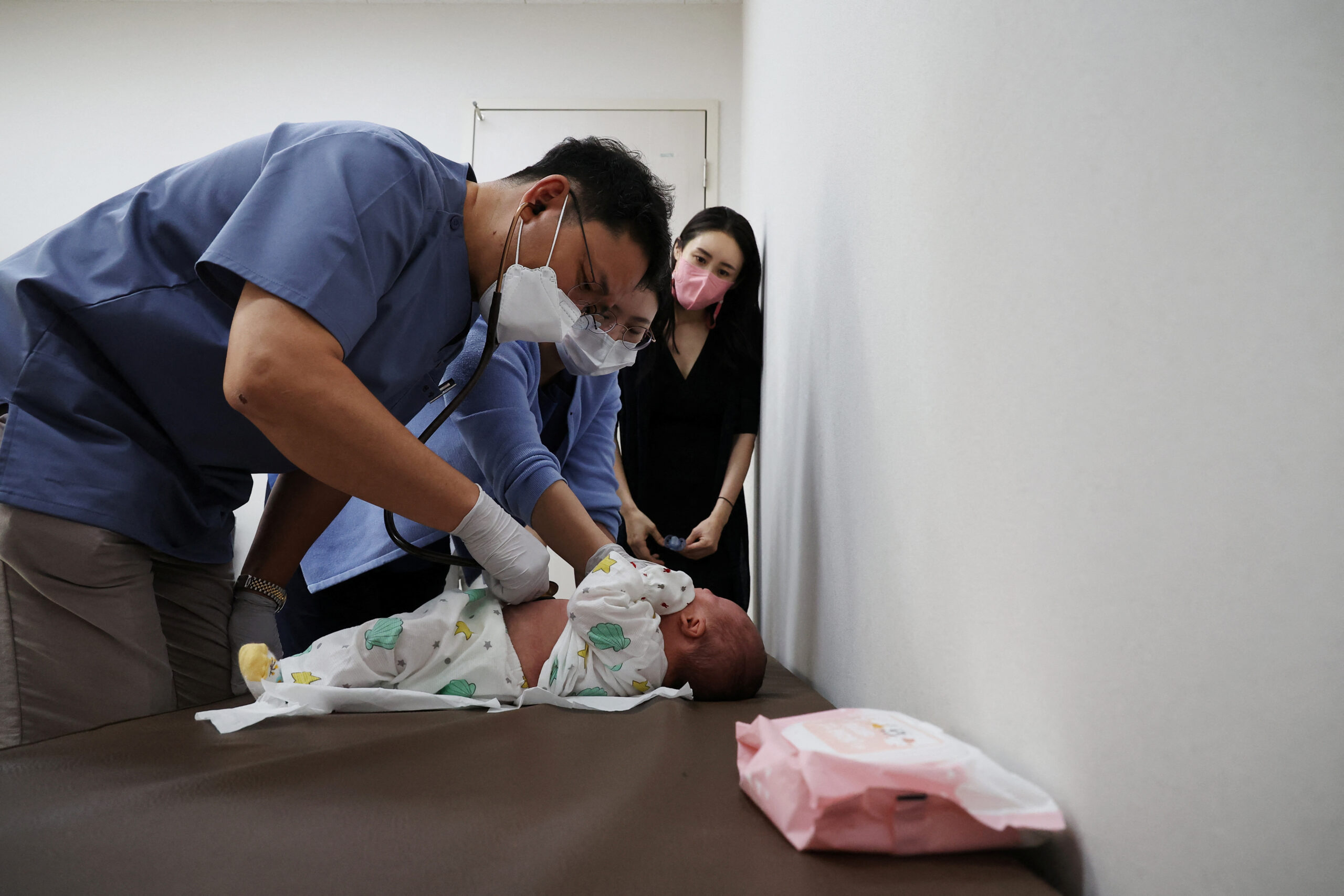Is there a secret to longevity? This health expert says 1,000% yes
In the era of social media, post-COVID, and with mental health at the forefront, a shift is taking […]

South Korea’s demographic crisis is worsening, with new data showing the birthrate – already the world’s lowest – hitting a record low of 0.72 children per woman in 2023. This alarming drop comes despite the government’s expenditure of over $200 billion on initiatives to boost the population over the past 16 years.
In a recent address, President Yoon Suk Yeol highlighted the gravity of the situation, declaring it a “national emergency” and announcing plans to establish a Ministry dedicated especially to tackling the complex issues contributing to the country’s declining birthrate.
“Despite our best efforts and significant financial investments, the birthrate continues to decline,” President Yoon stated. “We must take more aggressive and innovative measures to reverse this trend and secure the future of our nation.”
The government’s proposals to address the issue include enhancing childcare services and extending paternity leave to encourage more balanced parenting roles. However, experts emphasize that deeper social issues must be addressed. The stigma against single parents and non-traditional partnerships remains a significant barrier to improving the birthrate. These societal attitudes deter many from having children or pursuing family life.
The Korean Institute of Public Finance has put forward a divisive new proposal that girls start primary school a year earlier than boys, based off of the belief that a one-year age gap would make boys and girls more attractive to each other by marriageable age (assuming that men mature more slowly and prefer younger women).
This proposal has sparked debate, with critics arguing that it oversimplifies the issue and could perpetuate gender stereotypes. Nonetheless, it highlights the lengths to which policymakers are willing to go in an attempt to address the demographic crisis.
The declining birthrate has far-reaching implications for South Korea, including a shrinking workforce and increased pressure on social welfare systems. Whilst there is a general consensus that a multifaceted approach, addressing both practical and cultural factors, is essential to reversing the trend and securing a sustainable future, many of the proposals are highly contested in politics and amongst the South Korean population.

In the era of social media, post-COVID, and with mental health at the forefront, a shift is taking […]

With its fast speeds and revolutionary potential, 5G stands out as a noteworthy milestone in the field of […]